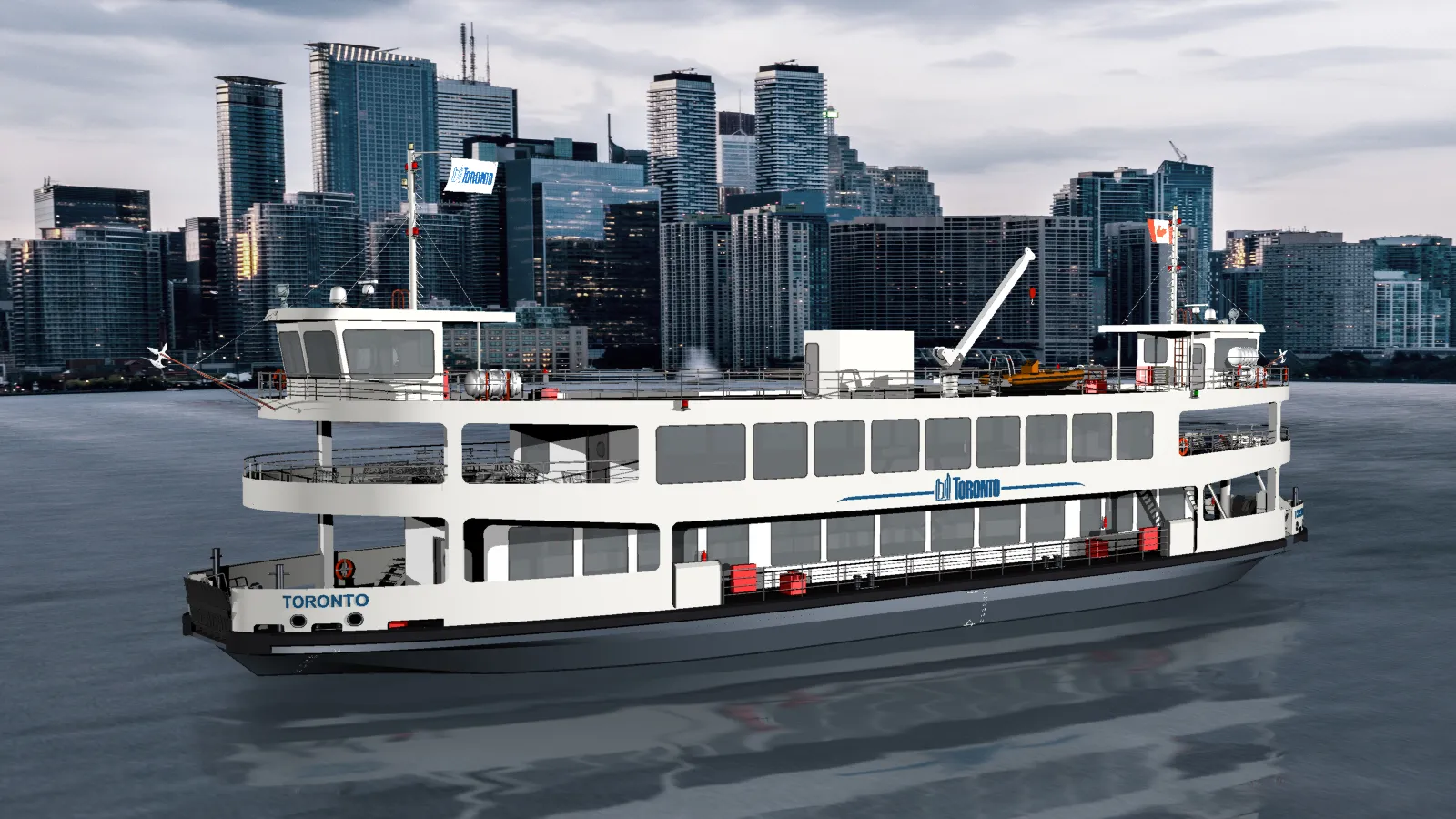A report entitled Air pollution: the cost of inaction, published in July by the French Senate Committee of Enquiry estimates the annual cost of air pollution in France at €101.3 billion ($110 trillion), according to EurActiv France.
The committee has described air pp0llution as an ‘economic aberration’ and has proposed measured including raising the tax on diesel and taxing emissions of the worst polluting substances.
While overall air pollution has fallen in recent years, "the nature of the pollution
August 5, 2015
Read time: 2 mins
A report entitled Air pollution: the cost of inaction, published in July by the French Senate Committee of Enquiry estimates the annual cost of air pollution in France at €101.3 billion ($110 trillion), according to EurActiv France.
The committee has described air pp0llution as an ‘economic aberration’ and has proposed measured including raising the tax on diesel and taxing emissions of the worst polluting substances.
While overall air pollution has fallen in recent years, "the nature of the pollution has changed". Rather than localised industrial pollution, today's problem is more diffuse, caused by transport, heating and agriculture, the report said.
Particle pollution is responsible for 42,000 premature deaths each year in France alone, according to the1819 World Health Organisation (WHO).
The French transport sector alone produces 59 per cent of the country's nitrogen oxide and up to 19 per cent of its fine particle emissions.
In order to bring these under control, the senators called for ‘truly ecological taxation’. This approach would see the establishment of taxes on emissions of nitrogen, nitrogen oxide and fine particles, as well as improvements to existing emissions standards.
The1690 European Commission is currently pursuing an infringement procedure against France for ignoring the fine particle limits in place in certain areas.
The report, adopted unanimously by the French Senate, recommends putting an end to the ‘persistent ambiguity of the public authorities’ by aligning the tax on diesel and petrol for transport by 2020 and axing the VAT reduction for fuel and electricity used by hybrid and electric vehicles.
The committee also recommended opening an inquiry into the specific causes of the high death rate among farmers and how best to limit emissions from the agriculture sector, as well as developing a labelling system for products that emit volatile pollutants.
According to the Senate committee, efforts to cut air pollution to date have saved France around US$12 trillion.
The committee has described air pp0llution as an ‘economic aberration’ and has proposed measured including raising the tax on diesel and taxing emissions of the worst polluting substances.
While overall air pollution has fallen in recent years, "the nature of the pollution has changed". Rather than localised industrial pollution, today's problem is more diffuse, caused by transport, heating and agriculture, the report said.
Particle pollution is responsible for 42,000 premature deaths each year in France alone, according to the
The French transport sector alone produces 59 per cent of the country's nitrogen oxide and up to 19 per cent of its fine particle emissions.
In order to bring these under control, the senators called for ‘truly ecological taxation’. This approach would see the establishment of taxes on emissions of nitrogen, nitrogen oxide and fine particles, as well as improvements to existing emissions standards.
The
The report, adopted unanimously by the French Senate, recommends putting an end to the ‘persistent ambiguity of the public authorities’ by aligning the tax on diesel and petrol for transport by 2020 and axing the VAT reduction for fuel and electricity used by hybrid and electric vehicles.
The committee also recommended opening an inquiry into the specific causes of the high death rate among farmers and how best to limit emissions from the agriculture sector, as well as developing a labelling system for products that emit volatile pollutants.
According to the Senate committee, efforts to cut air pollution to date have saved France around US$12 trillion.








